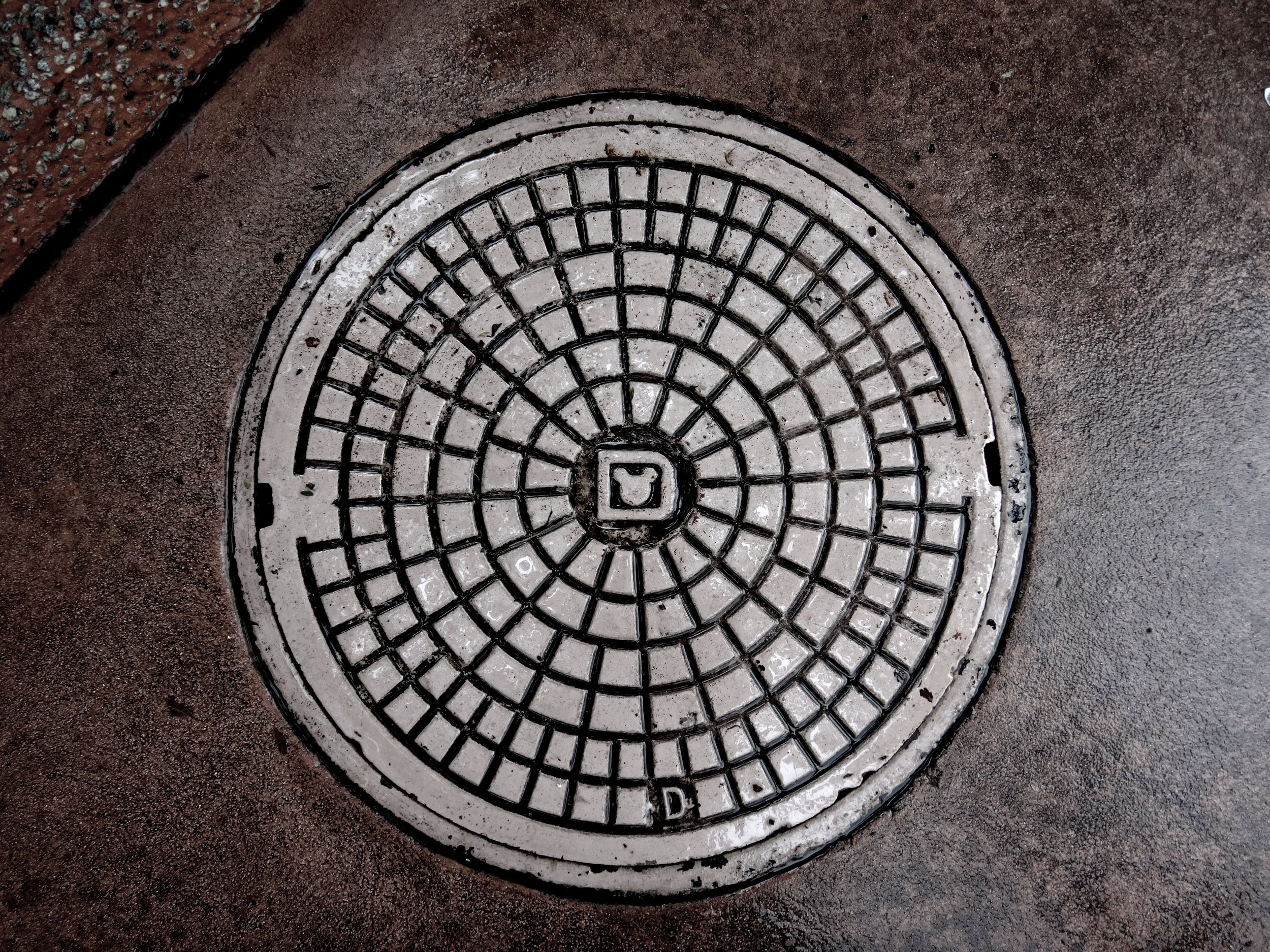When Do You Use CIPP?

Photo by George Pagan III on Unsplash
Although CIPP has been around for decades, it is still an unfamiliar process to most people. This causes the question “When do you use CIPP?” to arise often when building owners need their pipes replaced. The CIPP lining is a thin but strong lining that covers the inside of compromised pipes. It is made of a strong resin that hardens and cures in place to act as a new pipe wall. When CIPP is the chosen method of repair, cameras are remotely operated to perform an extensive inspection of the current pipe system. This reveals the types of repairs that are needed and uncovers whether CIPP is the right choice for the job.
When Do You Use CIPP?
CIPP technology is suitable for the vast majority of pipe repair situations. This type of pipe lining is suitable for the repair of pipe corrosion, cracked of collapsed pipes, and root intrusion. Since it acts as a pipe within a pipe, it is able to extend the life of your business’s existing pipes. While the original pipes may continue to corrode or crack, they act as a barrier to protect your new CIPP lining even further.
The CIPP method is often preferable because it does not require trench digging. Since it is a faster process, it requires less payment for cost of labor, and without trenches, there is no need for re-landscaping your property. In addition, the fully trenchless process allows businesses to stay up and running while the repairs occur. If your business can’t afford to be out of operation for days or weeks until repairs are complete, then CIPP might be the right option for you.
Situations Less Suitable for CIPP
A CIPP lining is fantastic for patching many pipes, but there are some jobs that other methods are more suitable for. In some cases where the pipes are extremely damaged, other options should be implemented. One common method for this scenario is pipe bursting. This is another form of trenchless technology that replaces one pipe with another. It uses powerful percussive force to literally burst the existing damaged pipe and pulls a new pipe into place behind it. An extensive ground examination needs to be conducted beforehand to ensure that it can withstand the percussive blow without causing damage to other areas. Sandy and rocky soils often are not suitable for this method.
Need to Decide Quickly?
Often, a company does not consider its preference for pipe repair until an issue has already surfaced. In this situation, a method of repair needs to be decided quickly. To find out more about when to use CIPP for your pipe repair needs, call us at 847-468-7668.